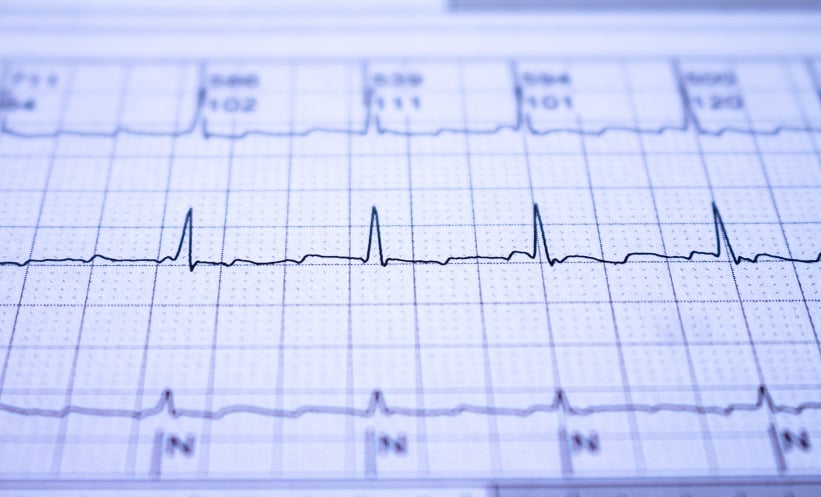IN ELDERLY populations, atrial fibrillation (AF) presents a growing challenge, particularly with regard to the appropriate use of anticoagulant therapy. Older adults face an increased risk of both thromboembolic events and bleeding complications, making treatment choices complex. With the number of elderly patients continuing to rise, identifying anticoagulants that offer both efficacy in stroke prevention and a favourable safety profile is essential. A recent systematic review and network meta-analysis examined the performance of different anticoagulants in patients aged 75 and older, a group often underrepresented in clinical trials, revealing that edoxaban 15 mg once daily may offer superior stroke prevention in this age group.
Researchers conducted a comprehensive review of RCTs published up to September 2024 across multiple databases, including PubMed, MEDLINE, Embase, and Web of Science. Inclusion criteria focused on trials assessing stroke, major and non-major bleeding, and mortality outcomes in patients aged 75 or older with atrial fibrillation. A Bayesian random-effects network meta-analysis was employed to compare treatment effects, with odds ratios (ORs) and 95% confidence intervals CIs calculated. The Surface Under the Cumulative Ranking curve (SUCRA) method was used to rank each treatment’s relative performance.
Fourteen RCTs involving 16,261 participants met inclusion criteria. Researchers found edoxaban 15 mg once daily was significantly more effective in preventing stroke compared to warfarin (OR: 0.30; 95% CI: 0.12–0.71) and placebo (OR: 0.29; 95% CI: 0.20–0.42), and ranked highest in stroke prevention (SUCRA=90.6%). Dabigatran 110 mg twice daily was associated with significantly lower major bleeding risk than rivaroxaban 15 mg (OR: 0.18; 95% CI: 0.04–0.76). Additionally, rivaroxaban 10 mg and edoxaban 15 mg showed fewer adverse events than placebo. No meaningful differences were found in all-cause or cardiovascular mortality across treatments.
This analysis highlights the potential for tailoring anticoagulant therapy in elderly AF patients, with edoxaban 15 mg and rivaroxaban 10 mg emerging as promising options. However, results should be interpreted with caution due to variability in trial designs, dosing regimens, and limited data for some outcomes such as non-major bleeding. Clinicians should consider individual patient profiles, balancing stroke risk with bleeding potential, to optimise anticoagulation in older adults.
Reference
Zhao X et al. Efficacy and safety of anticoagulants in elderly atrial fibrillation patients: a systematic review and network meta-analysis. BMC Cardiovasc Disord. 2025;25(1):396








